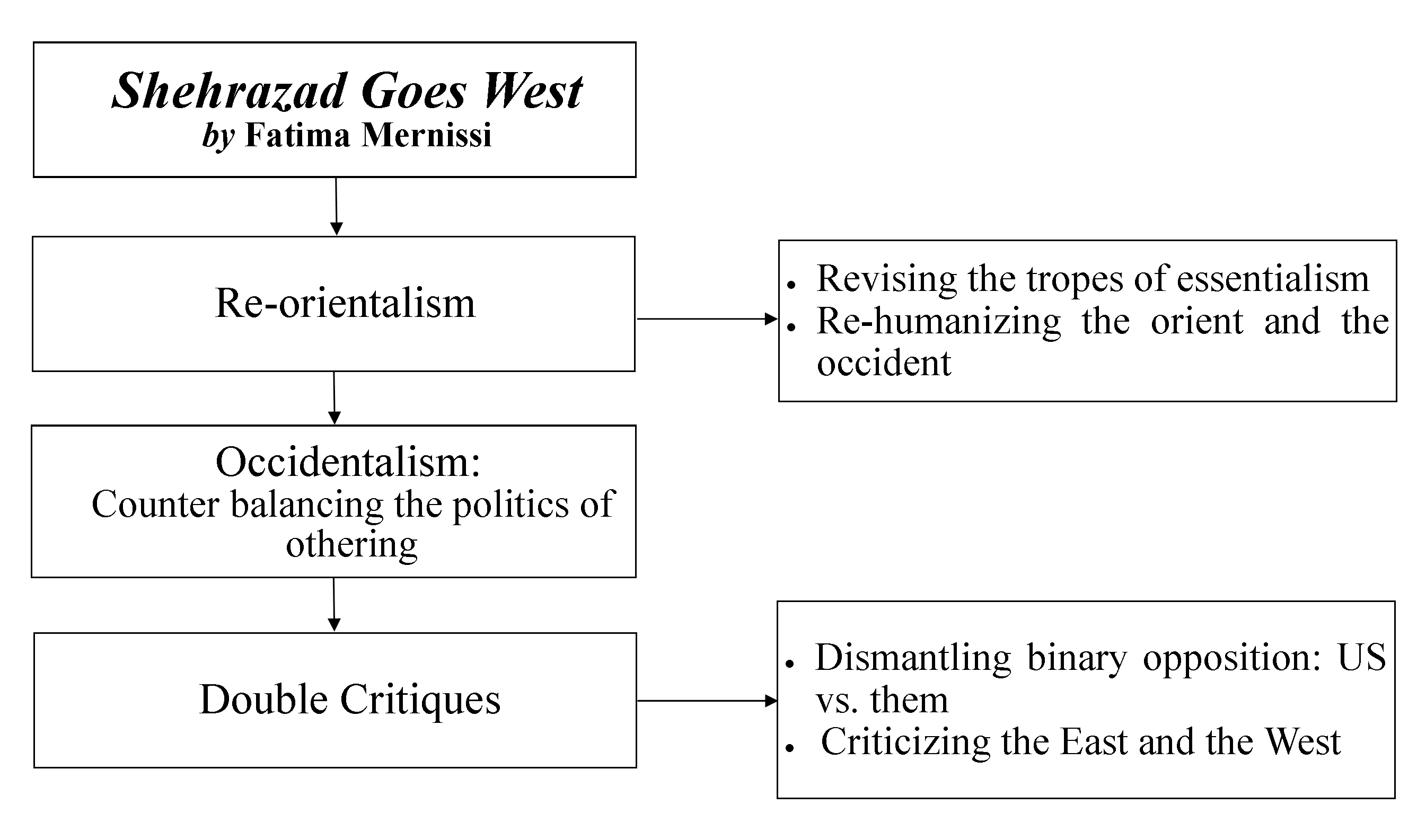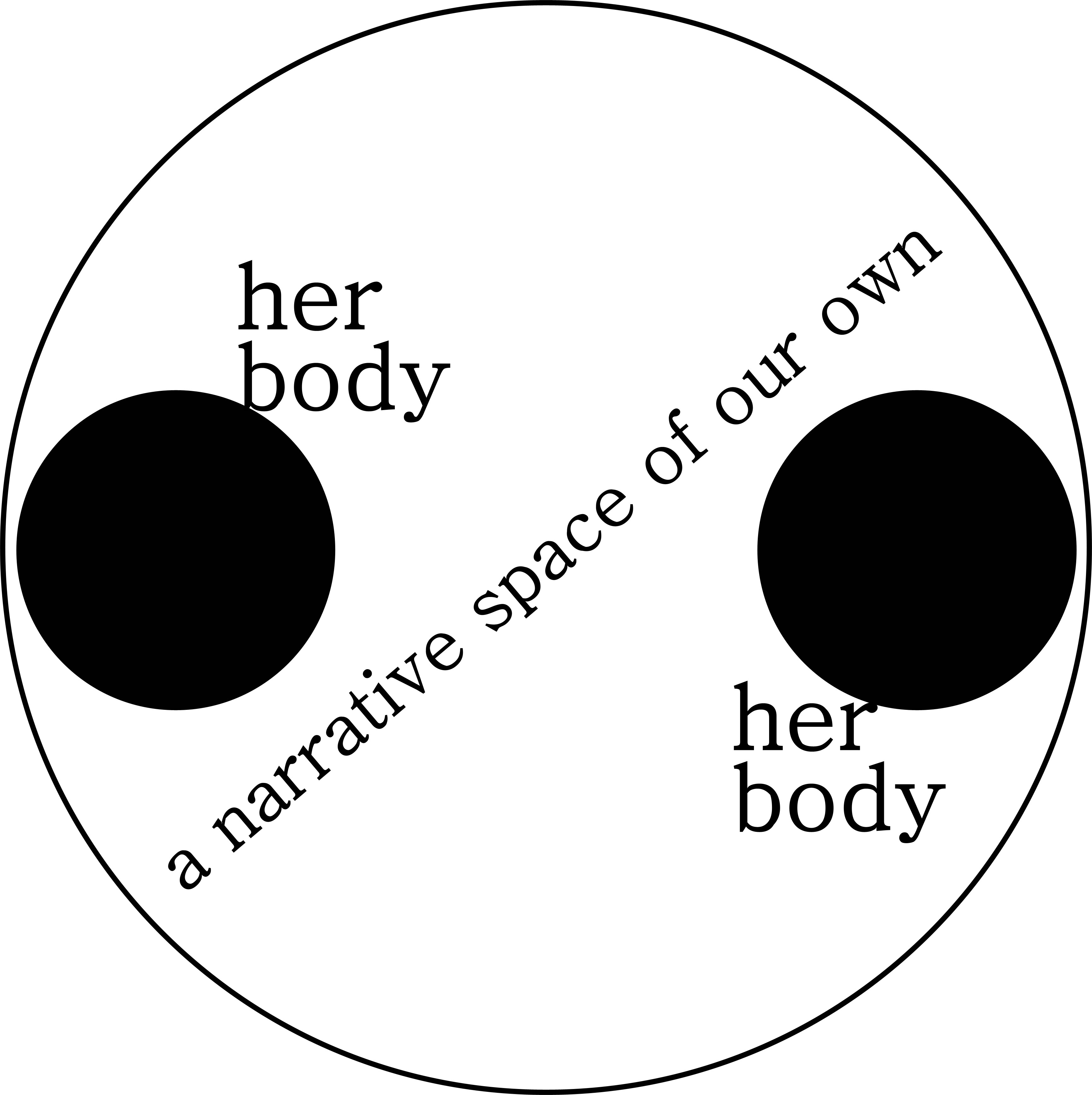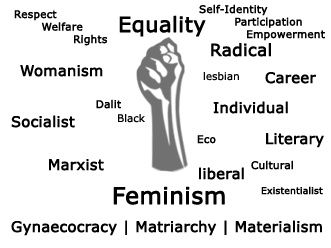Article Title :
Feminist Occidentalist Discourse in ‘Shehrazad Goes West: Different Cultures, Different Harems’ by Fatima Mernissi 
5 (2021)
45-49
Double Critiques , Fatima Mernissi , Gender , Occidentalism , Orientalism


Occidental discourses tend to revise orientalist images about the orient. Many authors have taken the responsibility of giving a new voice to the occident and among those is Fatima Mernissi. In this regard, this paper aims at discussing the shift that has marked the writings of Fatima Mernissi with a particular focus on her book, ‘Shehrazad Goes West: Different Cultures, Different Harems’. It is undeniable that Fatima Mernissi‘s thoughts have known a radical change in terms of ideology and discourse. ‘Shehrazad Goes West’ seems to promote an Occidentalist discourse that isn’t based on appropriating orientalist rhetorical images of the orient but rather on revising/ reconsidering the tropes of essentialism, dehumanization and fixity that Orientalist texts usually opt for. From an auto-orientalist discourse that Mernissi advocated in her narrative Dreams of Trespass, we move to another discourse that manifests itself in ‘Shehrazad Goes West’, which is Occidentalism. In this article, based on a postcolonial feminist approach, I argue that Fatima Mernissi uses another approach of occidentalism in her construction of Western gender relations and the space of Western Harem. Instead of constructing a counter-hegemonic discourse to orientalism that based on misrepresenting the “other” and denying their voices, Eastern representation of the West in ‘Shehrazad Goes West’ does not keep with the same rhetoric of orientalism; rather it dismantles that logic which victimized people of the East and replaces it with a humane vocabulary. Moreover, the Occidentalist approach appropriated in the book does not only target the occident but also the orient resulting on what Abdelkbir Khatibi calls “double critiques”. The significance of this paper lies in highlighting such a potentially inclusive and democratic discourse that would counterbalance the politics of othering inherent in the discourse of orientalism.

There has been a shift in the works of Fatima Mernissi moving from orientalism to double critiques.
Occidentalist discourse is not based on appropriating Orientalist rhetorical images of the orient but rather on reconsidering the tropes of essentialism, dehumanization and fixity that Orientalist texts usually opt for.
Fatima Mernissi uses ‘Romantic occidentalism’ in Shehrazad Goes West which calls for equality between cultures.
Instead of answering back the West in a dehumanized manner, Fatima Mernissi has opted for deconstructing the western preconceptions about the orient by enhancing her arguments with academic and scientific pieces of evidence.
Auto-orientalism is enhanced in Fatima Mernissi’s Shehrazad Goes West to specify the aspects of double critiques in her work.
Bouroujerdi, M., 1996. Iranian Intellectuals and the West: The Tormented Triumph of Nativism. New York: Syracuse University Press.
Buruma, P. I. and Margalit, A., 2004. Occidentalism: The West in the Eyes of its Enemies. New York: The Penguin Press.
Carrier, J. G., 1995. Occidentalism: Images of the West. New York: Oxford University Press.
Faical, G., 2017. Occidentalism in Fadia Faquir’s the Cry of The Dove. Diss. University Mohammed Ben Abdellah.
Hanafi, H. 2012. From Orientalism to Occidentalism. Cairo University Center for Foreign Languages and Professional Translation, 1(2), 7-16.
Mehrez, S., 1991. Subversive Poetics of Radical Bilingualism: Postcolonial Francophone North African Literature. The Bounds of Race: Perspectives on Hegemony and Resistance, Ed. Dominick LaCapra, Ithaca NY: Cornell UP.
Meriam, C., 2009. Multiple Critique: Islamic Feminist Rhetorical Strategies. In Arab Voices in Diaspora. Ed. Layla Al Maleh. Netherland.
Mernissi, F., 2002. Shehrazad Goes West: Different Cultures and Different Harems.Washington Square Press, 2002.
Mills, S., 2004. Discourse. New York: Routledge.
Said, E., 1994. Culture and Imperialism, New York: Vintage.
Spencer, J., 1995. Occidentalism in the East: The Uses of the West in the Politics and Anthropology of South Asia. James G. Carrier (Ed.), Occidentalism: Images of The West. Oxford: Clarendon Press.
Wagner, T. S., 2006. Occidentalism: Edward Said’s Legacy for Occidentalism Imaginary and its Critique. Paradoxical Citizenship: Edward Said, Ed. Silvia Nagy Zekmi.Lanham: Lexington Books.
Yew, L., 2010. Alterities in Asia: Reflections on Identities and Regionalism. New York: Routledge.





